Beginner’s Journey To DevOps
- Ankush Madaan
- Blog
About
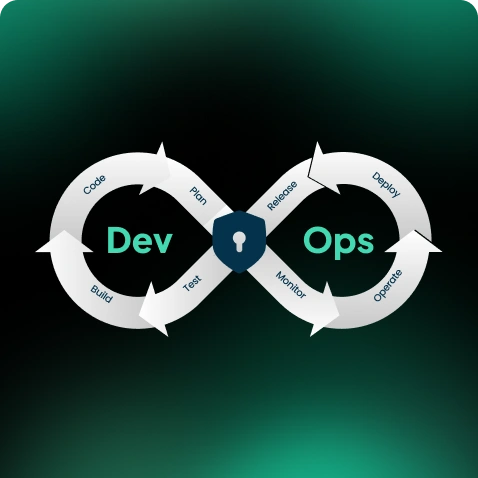
Industries
- AWS, CI/CD Pipelines, Cloud Security, DevOps, Security
Share Via
Introduction
Hey Folks, We all know ups and downs are just part of life, but you have to stand strong in the storm to achieve what you crave for the most, So here’s a glimpse of my story.
Small Intro on Myself:
I am Aditya & I graduated last month from my college. I was always enthusiastic about DevOps and had a keen interest to know and pursue my career as a DevOps Engineer. I got campus placement with one of the leading MNC but had questions on DevOps or Cloud learning opportunity, for which I have been reading and practicing from the last 2 years. Due to Covid-19, I had plenty of time to think about this & look for Companies where I can practically test my learning.
Then one day, SquareOps happened to me & I landed an internship as DevOps Intern for the next 2 months. I was waiting for such an opportunity from quite some time where I can follow my passion & as they say, “The expert in anything was once a beginner”.
How Did I Land This Internship?
I was scrolling my LinkedIn feed and found a post “Hiring DevOps intern”, I felt appealed and immediately applied for this internship after going through their website SquareOps and then waited for the response, after two days I got a call for an interview, I was confident with my resume and skills.
Someone quoted this right : “Only thing you should focus on is to prepare yourself for upcoming opportunities, If the chance comes , you must have the equipment to take advantage of it”
I had an interview for 45 minutes and, the next day I got a call that I am selected and can start from tomorrow. It felt like something good has finally arrived and I started my first day on 7th April and got to know my team members.
I was so curious about my day, like what is going to happen? In which Tech I am gonna work? What if I didn’t give much output? What happens if I screwed up things? These are the questions that were bothering me, also I was so nervous as it was my first experience in the world of a corporate job.
On that day , I had a conversation with My mentors, they are amazingly professional and they elaborated me everything , very smoothly and gave me two days to start with AWS CloudFormation , it was totally new to me but I am always ready to take challenges so that’s where I started & everything happened REMOTELY…
Internship Experience :
The best thing about my internship was that I got a lot of hands-on experience…
Every day was a new challenge since I was getting to learn the practical difficulties that one face during actual implementation and always looked easy otherwise, but as they say
“ Even a fastest growing plant takes more than a month to bloom ” and I am an ordinary person so why to hurry the process? ..
I would summarize my experience in terms of technology and skills that I learned over a small span of time.
- What is the actual need of IAAC in IT World?
- To write AWS CloudFormation templates to automate the IT infrastructure upon several use cases on the behalf of projects.
- Hands-on practice over Aws services like: EC2, S3, IAM, VPC, etc.
- To add different scenario like(private subnet, public subnet, load balancers to work as per load, monitoring, nested templates, and everything is just automated with Cloudformation Stack you have to just upload your template and rest will happen with CFN stack)
- Later, day by day I have used SCM (git, GitHub, bitbucket) , vagrant, packer, supervisor, manage everything on AWS by CLI (AWS-CLI), Kubernetes, Docker, monitoring and many more tools..
- Integration of AWS CodePipeline in CFN templates to automate any of the project deployments over the server.
- And, here the part CI/CD comes in picture. firstly I started with manually integrating AWS CodeCommit and CodeBuild , on that part I learned to write buildspec.yml, env variables to solve dependencies, and deploy any project.
- Integrate build with deploy and learned to write appspec.yml and scripts for deployment to the server.
- Finally, comes AWS CodePipeline which helps to integrate everything in a pipe so after any commit pushed to the repo, that would be automatically deployed on the server. And our site is up, and from here I saw an actual picture of DevOps or how CI/CD work on AWS too.
- And the best part, CI/CD also deployed as a part of the Cloudformation stack . Awesome, right?
- Created IAM policy and role for access particular resources by particular people, This was a tough task for me. I took 2 days to understand how we can use tag-based policy and automate for particular users, to write the JSON template for this, and test that part.
- Tested live projects for different kinds of scenario can happen when clients will use it and listed the bugs,
Later, I learnt to automate CloudFormation template with Ansible automation so whenever we have new requirements we don’t have to interact with humans to do all the process before launch the stack, so I made some roles for particular projects and which was capable of doing things for you.
So basically in this internship, I got the taste of DevOps. I have never done this much before. My heart felt gratitude to SquareOps team where every person from Founder to Team lead is so supportive and helps to enhance self-confidence with faith , so you can do any of the tasks assigned.
Special Thanks to Nitin for his encouragement to do better and his motivating words “I know you can do Aditya” which actually gave me more power to attempt things.
Every day was a roller coaster ride for me and I am really thankful and grateful to Ankush sir for staying by my side and having faith in me, and at last i would like to thank SquareOps team for being supportive at the time of need. Thankyou for making me even more confident than before.
This was my journey of 2 months internship but this came with roughly 2 years of learning that I continued to do with my studies. One should choose a skill set from the beginning of college first year and try to learn new things with all the internet resources available today to stand out of the queue, to be recognized by good startups and be well prepared by the end of your graduation to land a dream job or dream career with your dream companies.
Keep Learning & Keep Dreaming ..
Frequently asked questions
DevOps is a methodology that integrates development and IT operations to enhance collaboration, streamline processes, and deliver software faster. Unlike traditional methods, DevOps emphasizes continuous integration, automation, and monitoring to increase efficiency and reliability.
The main stages are Continuous Development, Continuous Integration (CI), Continuous Testing, Continuous Deployment (CD), Continuous Monitoring, and Continuous Feedback. Each stage automates parts of the software development and deployment process.
Begin by learning version control with Git, then move on to CI/CD concepts with tools like Jenkins or GitLab CI/CD. Familiarize yourself with containerization (Docker) and orchestration (Kubernetes) and explore cloud platforms like AWS, Azure, or GCP.
CI is the practice of frequently integrating code changes into a shared repository, where automated tests run to validate each change. CI helps detect issues early, reducing integration problems and improving software quality.
CD is the practice of automatically deploying tested changes to production, ensuring new features and updates are quickly available to users. It builds on CI by automating the release process.
Automation reduces manual tasks, minimizes human error, and speeds up the development cycle. It is essential for CI/CD, testing, and infrastructure management, allowing DevOps teams to focus on high-value tasks.
Containers package an application and its dependencies in a lightweight, portable environment, ensuring consistency across different stages. Docker is a popular containerization tool, and Kubernetes is used for managing containerized applications at scale.
IaC is a practice that manages infrastructure through code, allowing for consistent, automated provisioning and deployment. IaC tools like Terraform and Ansible help scale infrastructure and version control resources.
DevOps integrates automated testing and continuous monitoring, catching bugs earlier and ensuring consistent quality throughout the development lifecycle. Feedback loops provide quick insights for developers to improve code.
Key tools include Git (version control), Jenkins or GitLab CI/CD (CI/CD), Docker (containerization), Kubernetes (orchestration), Terraform or Ansible (IaC), and monitoring tools like Prometheus or Grafana.
Related Posts
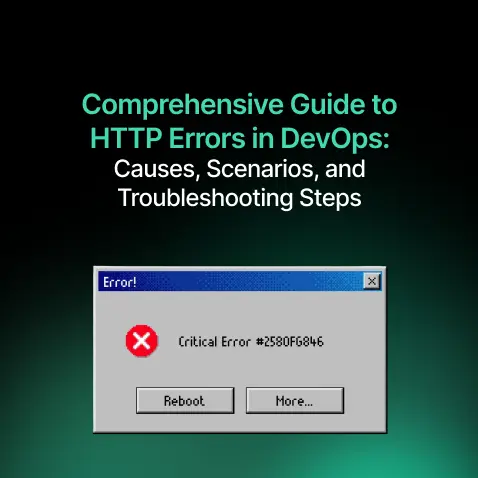
Comprehensive Guide to HTTP Errors in DevOps: Causes, Scenarios, and Troubleshooting Steps
- Blog
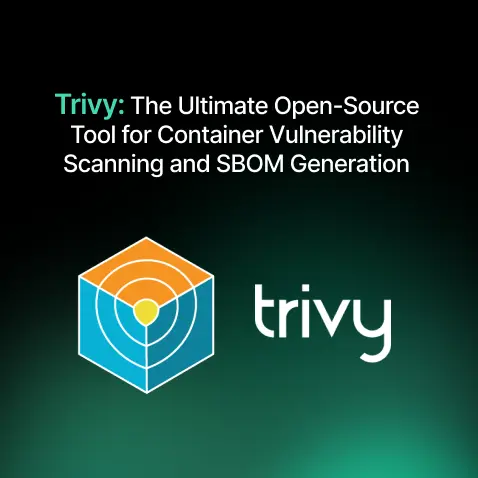
Trivy: The Ultimate Open-Source Tool for Container Vulnerability Scanning and SBOM Generation
- Blog
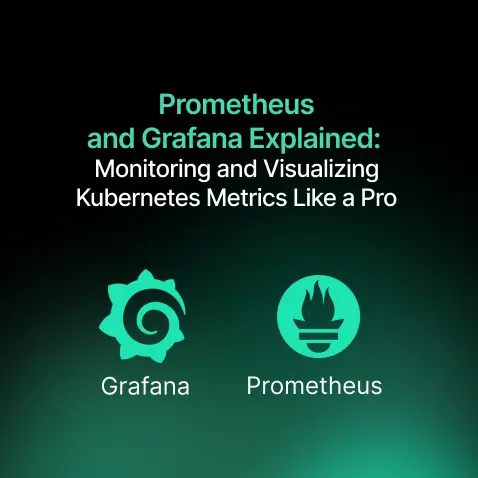
Prometheus and Grafana Explained: Monitoring and Visualizing Kubernetes Metrics Like a Pro
- Blog
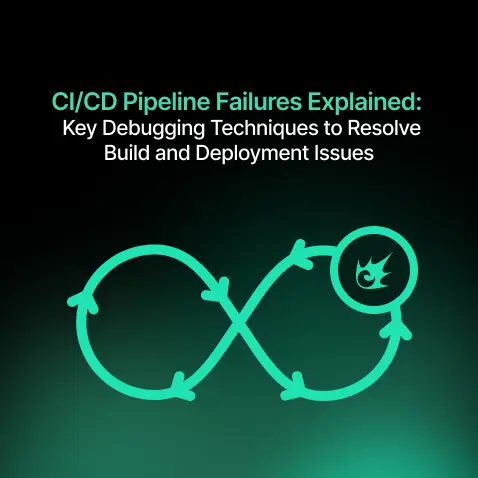
CI/CD Pipeline Failures Explained: Key Debugging Techniques to Resolve Build and Deployment Issues
- Blog
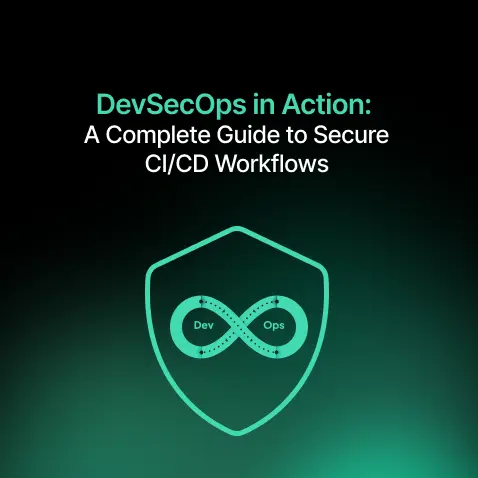
DevSecOps in Action: A Complete Guide to Secure CI/CD Workflows
- Blog
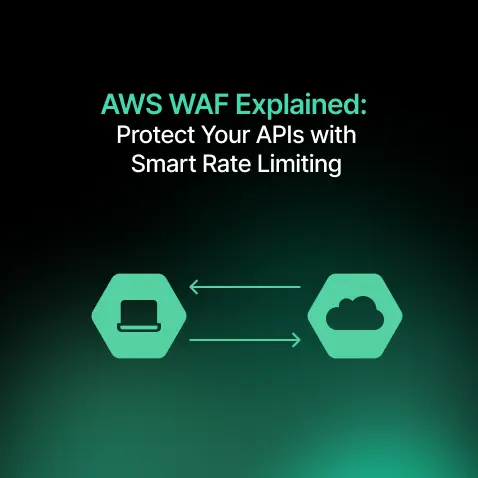
AWS WAF Explained: Protect Your APIs with Smart Rate Limiting
- Blog

